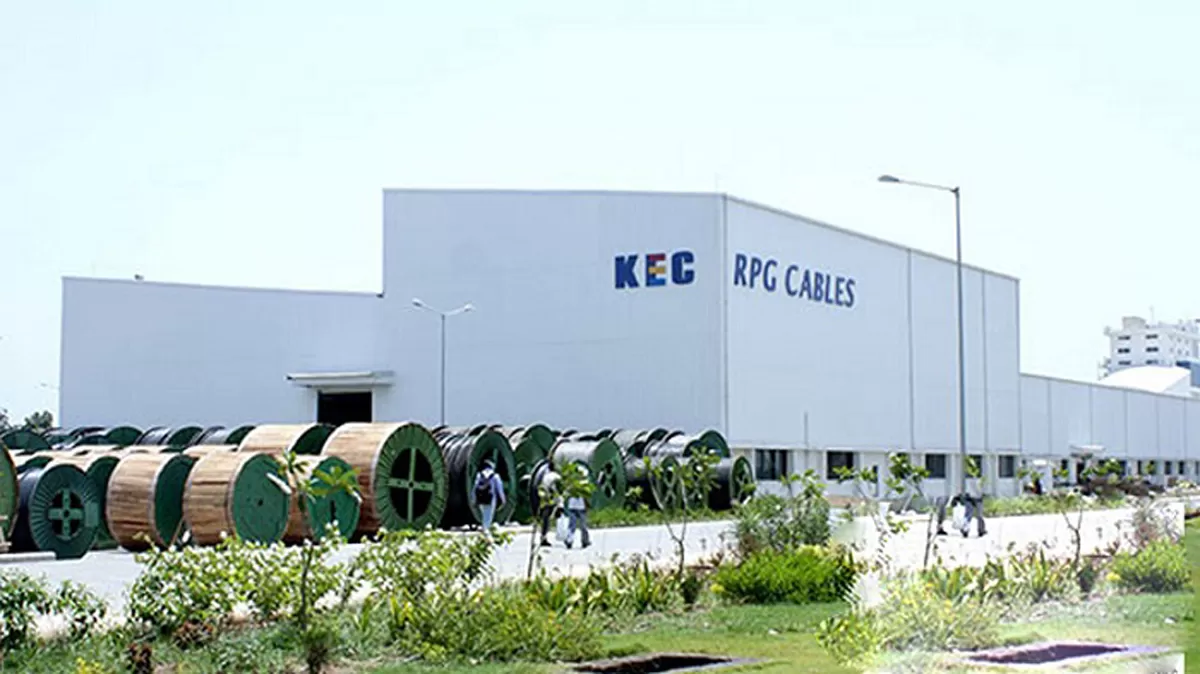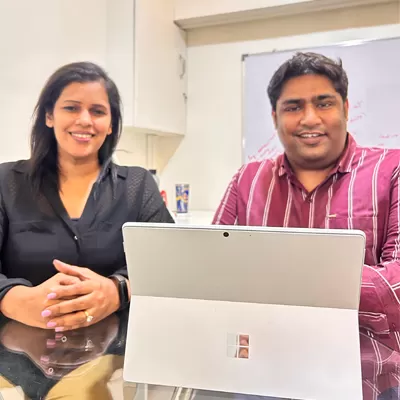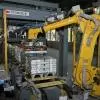Some recent announcements have revealed the formation of Kaya Kalp, a committee that suggests innovative ways to transform the Indian Railways. In a bid to encourage private-sector participation in railways, the ministry announced measures such as setting up an independent regulator and a transport logistics corporation among others in the Railway Budget. Announcing investments at a recent event in Mumbai,
Union Railways Minister Suresh Prabhu said, ¨About $150 billion of investment is required in the rail sector. LIC and Rail Infra are the major funding agencies. Further, Rs 8,050 crore is required for connecting the entire country with railways as this is also the most ecologically viable mode of transport.¨ Amid all this, a white paper released by the ministry in February estimated that pending projects alone require Rs 2 trillion to complete.
Report card
While the minister has some ambitious plans to build rail connectivity, are we prepared to execute these plans efficiently if the investment does comes in?
¨We lack the capacity, capable contractors to execute with the required speed, and the right people to monitor the project at that speed,¨ says Sunil Srivastava, Managing Director, BARSYL. So, the first challenge is for the ministry is to ensure that the amount invested is spent the right way.
The present list of unfinished projects in the Railways will be similar to the list for the last 10 years. Srivastava says, ¨The government should zero in on a fixed number of projects to be executed with a fixed amount and deadline.¨
Furthermore, Railway initiatives in PPP have dramatically failed in the past. However, the Indian Railways began the PPP policy in December 2012. Achal Khare, Executive Director-Infrastructure, Indian Railways, updates, ¨There were five models in our policy, and we have launched three model agreements that are stakeholder oriented (more customer specific). The other two models, which we will introduce in another two to three months, are investor oriented where open bidding will be followed.¨ He adds that two tenders - one for the Nagpur-Wardha third line and Kazipet-Vijayawada third line - have already been floated for the consultant.
S Ramnath, CFO, ITD Cementation India, adds, ¨We need to fast track the railways - be it rail corridors, escalated freight corridors, etc. These have been talked about, but now it´s time for action.¨
Contractor zone
Tata Projects has its focus set on projects worth over Rs 500 crore. These include Dedicated Freight Corridor Projects, metro rail and some mid-sized projects. Vinayak Deshpande, Managing Director, Tata Projects Ltd, confirms, ¨The Eastern Dedicated Freight Corridor has been making progress and is almost on schedule. Work is in progress for the first 350 km, but the remaining works need to be actioned. Similar is the situation with the Western Dedicated Freight Corridor.¨ Considering that in the case of Railways, work orders tend to be small, Deshpande confirms, ¨If large projects are announced, Tata Projects can bring in mechanisation and drive productivity with quality in these projects.¨
RAILWAYS: CW'S Recommendations
- Railways need to be corporatised, and focus on awarding large-sized projects.
- Restructuring needs more attention. For example, empowering a Railway Zonal Manager or the general manager concerned on procurement.
- Advance planning, identifying the right people for monitoring and implementation, and providing right documentation can help in faster implementation.
- Railway Board should give a clear, precise direction to the individual zonal railway on project implementation with responsibilities and time-bound deadline on every milestone.
- Developers need to be more open and proactive. They should openly discuss and reach out to the Railway Board through lobbies like the Builders Association of India or Contractors Association. They can also use this forum to, if required, educate the Railways about how things are done in other industries and how the Railways can benefit from the same.
Challenges
In Railways, availability of land and finance are big issues. ¨In the case of private developers,¨ Khare says, ¨If the company is not financially strong, their assessment of the project is not accurate, or if they have under quoted, this could lead to project delays.¨According to Srivastava, ¨Most Railway jobs are not large enough to attract big players, be it in EPC or PPP. And, for big players to come in, they have to look at over Rs 300-500 crore projects. Even while railways speak of FDI investment, their package sizes are not attractive enough. So the first challenge for the sector lies here.¨ He strongly suggests that to invite large builders, a combination of cost plus quality needs to be considered.
Hence, while policy announcements are in the right direction, it is time to put proposed plans into action.


















